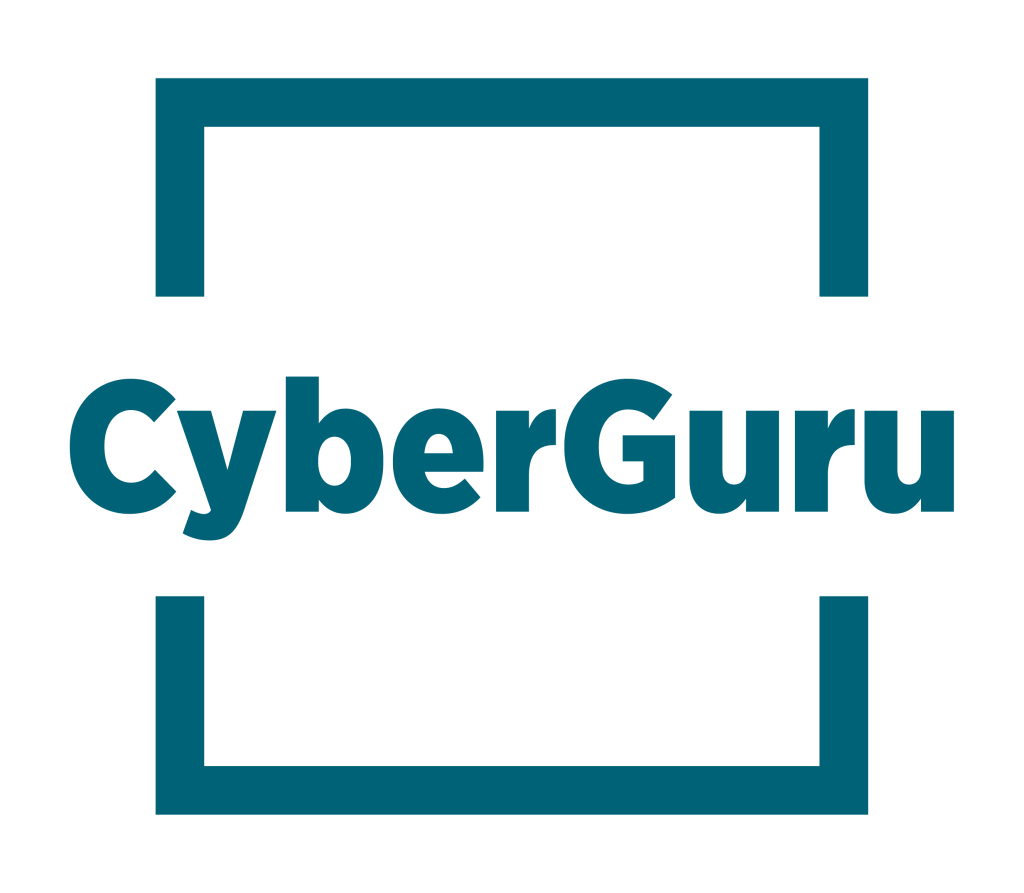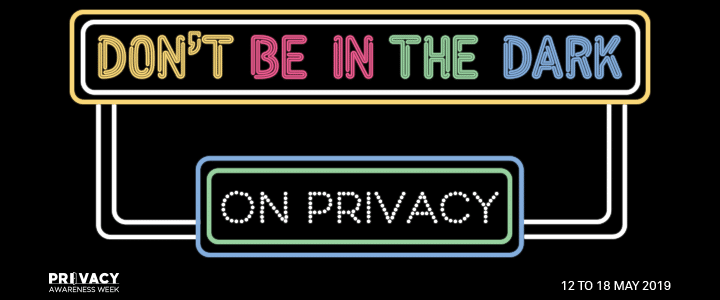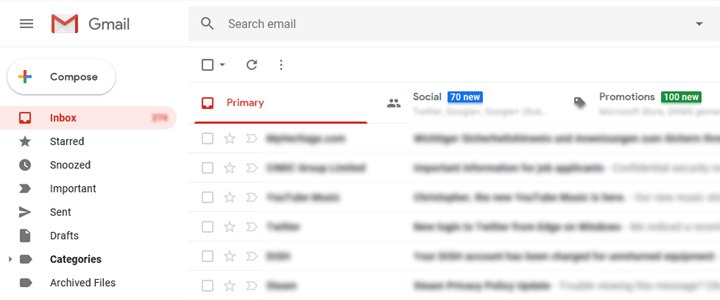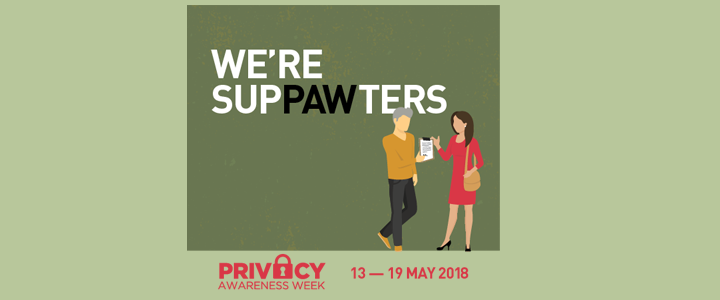As part of our commitment to protecting your privacy, CyberGuru is proud to announce its support of Privacy Awareness Week in 2019. Running 12-18 May, this year’s theme is “Don’t be in the Dark on Privacy”, with an emphasis on what businesses and individuals can do to maintain privacy. For businesses, privacy protection is vital […]
Tag Archives: privacy
Last Friday 17 August, Chris Jeffery, Chief Guru of CyberGuru presented to over 80 senior citizens of the Brisbane’s northside community on Cyber Safety, including both phone and internet scams at the Seniors Safety Forum. The Seniors Safety Forum, the third of which Chris has presented, is an annual event held in the local area […]
Calling all seniors! Chris Jeffery of CyberGuru has been invited to speak at the Seniors Safety Forum at Sandgate on Friday 17 August at 1:00pm. As this is the first year he will have access to a projector, Chris will be able to show examples of spam and phishing emails and demonstrate what to look […]
Recently in the news there has been concern over whether Google is doing enough to keep your email secure. Concern has arisen over the access third-party developers and apps have to your Google account. There are many apps which link to your Google account. During the installation process you set the level of access you’re […]
CyberGuru is proud to be again a supporter of this year’s Privacy Awareness Week (PAW). This PAW is all about promoting privacy as part of everyday business. Running from 13 to 19 May, the theme “Privacy: from principles to practice’ focuses on the need for organisations to develop and reassess systems, processes, culture, and practice […]
On Thursday 22 February 2018, the Notifiable Data Breach Scheme (NDBS) will come into effect. This will affect organisations that are already covered by the Privacy Act, businesses with a turnover greater than $3 million, health service providers, entities that collect personal information and credit reporting bodies. The NDBS requires these businesses and organisations to […]
When you register a .com or .net domain name, your personal contact information such as name, email address and phone number is stored in a publicly accessible database known as WHOIS. As a result, it is possible for spammers to review the WHOIS database and attempt to contact you. This can include fictitious renewal notifications, […]
- 1
- 2









